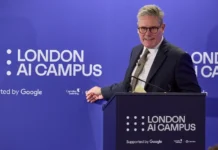The influence of artificial intelligence on our lives is powerful and widespread. From personal virtual assistants like Siri and Alexa to self-driving cars and progressive robotics, AI is transforming the way we live and work. Moreover, as AI becomes more developed, its probable impact on society becomes more noteworthy, and there is much debate about its possible ramifications. Some worry about the loss of jobs as automation substitutes human workers, while others see the potential for AI to enhance efficiency and productivity in the workplace. There are also concerns about the ethics and regulation of AI, as well as its consequence on privacy and safety.
AI resumes to evolve and become more integrated into our daily lives, so it is essential to have a thoughtful and informed discussion about its potential implications. We need to ensure that we are using this technology in a way that benefits society as a whole and does not cause harm or unintended consequences. Ultimately, AI has the potential to be a significant force for good, but it will require careful management and regulation to ensure that it is used ethically and responsibly.
Here are eight ways that automation and artificial intelligence could influence the future, for better or worse:
#1. AI to Cure Dementia & AD
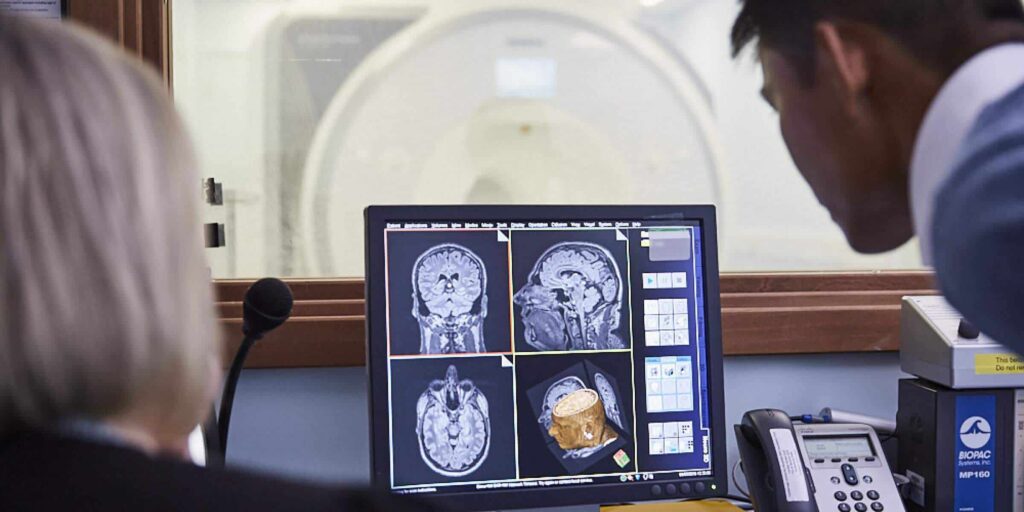
Dementia and AD are currently incurable diseases. Nonetheless, it is thought that there are a variety of ways in which AI could advance the study of prospective pharmacological treatments, which typically attempt to alleviate disease symptoms and slow disease progression.
Utilizing predictive models that integrate knowledge from a variety of different domains, such as neurology and clinical symptoms, geriatric medicine, and statistics, AI presents the ability to provide customized treatments for various clinical phenotypes of dementia and AD patients. This might make it possible to forecast which medication will work best for a given patient. AI software, according to researchers, has a great deal of potential to choose medications for the treatment of AD.
Besides, personalizing reminders and alarms via the use of virtual home assistants like Google Home or Google Assistant or even smartphones can be very valuable in precluding individuals from missing essential daily tasks like using the restroom, having a drink, or taking their prescriptions.
Also Read- ChatGPT: Why this Extraordinary Artificial Intelligence Chatbot Is In News Recently?
#2. AI in manufacturing
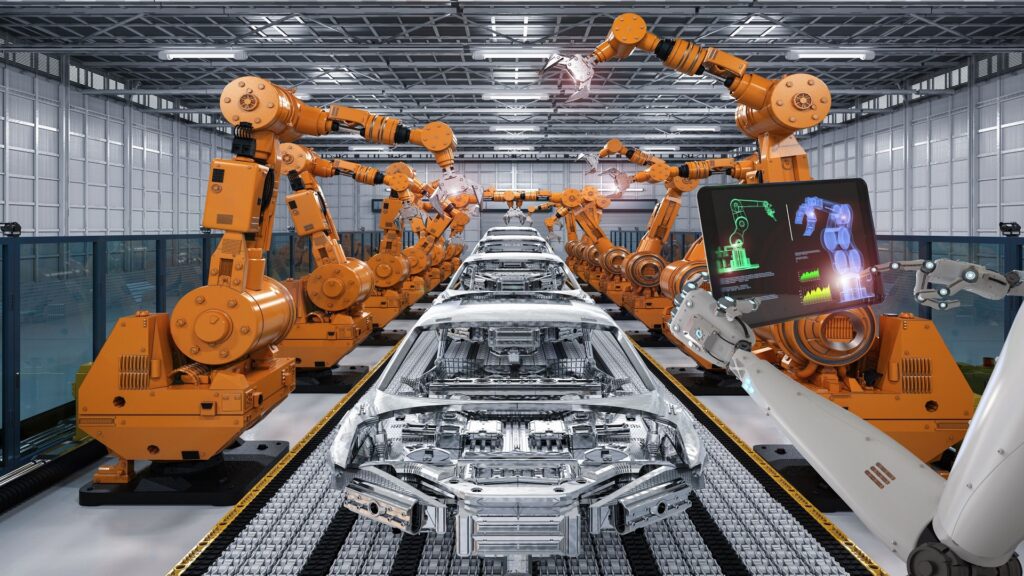
The manufacturing sector may undergo a radical transformation due to artificial intelligence (AI). Enhanced quality, reduced downtime, more affordable costs, and greater efficiency are some possible benefits. Smaller businesses can use this technology as well.
To incorporate AI in manufacturing, the first step would be to show the AI how people complete a task to educate it on how to do it. If done in this way, growth will continue while also making progress. It can learn on its own and accomplish a variety of activities without continual supervision given enough time and practice.
Crowdsourcing is the inevitable progression. This approach allows you to get information from the wider public to train an AI. It can quickly complete this task and then compare the outcomes to any previously recorded information. The end outcome will be an AI that can “hive mind,” or know what everyone else knows, and has access to collective knowledge.
Finally, the use of unsupervised learning makes it possible to oversee AI. This indicates that it can learn on its own without being explicitly told to. How will it learn new information? They will utilize the reinforcement learning method.
Moreover, machine learning training methods are based on rewarding desired behaviors and/or penalizing undesirable ones. A reinforcement learning agent generally has the ability to behave, understand its environment, and learn from mistakes.
Also Read- How To Use Bing AI With Siri On iPhone
#3. Artificial Intelligence (AI) and Cybersecurity
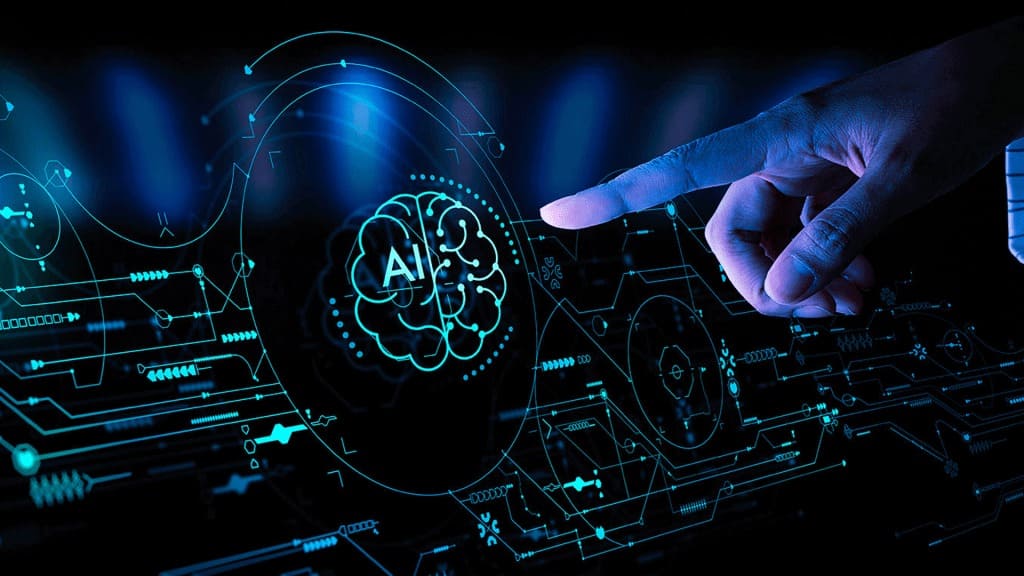
Data security is one of the most consequential assets of any tech-oriented firm. With confidential data varying from consumer data (such as credit card info) to organizational secrets kept online, data safety is crucial for any organization to meet both legal and functional responsibilities. Multiple businesses now deploy AI-based security solutions to keep their data out of the wrong hands.
- Every year, cyberpunk blastoff hundreds of attacks for a variety of reasons. Unknown threats can cause severe network damage, and they can have an impact before you recognize, identify, and prevent them. AI solutions can map and prevent unexpected threats from wreaking havoc on a corporation.
- AI can assist detect data overflow in a buffer, which happens when programs gulp more data than expected. These errors can also be observed by AI, caught in real-time, and prevented from causing future dangers. AI can precisely discover cybersecurity weaknesses, faults, and other problems using machine learning, assisting in identifying questionable data provided by any application.
- Artificial Intelligence technology is constantly being developed by cybersecurity agents. Also, in its advanced version, AI can catch faults in the system or even the update and exclude anybody endeavoring to exploit those issues. AI can install additional firewalls and rectify code faults that lead to dangers, making it an outstanding tool for preventing any threat from occurring.
Besides, AI plays a crucial role in cybersecurity by detecting and responding to unusual behavior and malware. It can terminate infections, repair faults, and prevent future happenings. AI utilizes machine learning to identify unlawful access and determine whether a threat is authentic or fabricated, and its capacity to detect even insignificant abnormalities makes it an essential tool in catching and preventing cybersecurity threats.
Also Read- How To Use The AI-Powered Bing Chatbot on The New Bing Search Engine
#4. Promoting Sustainability with AR & AI
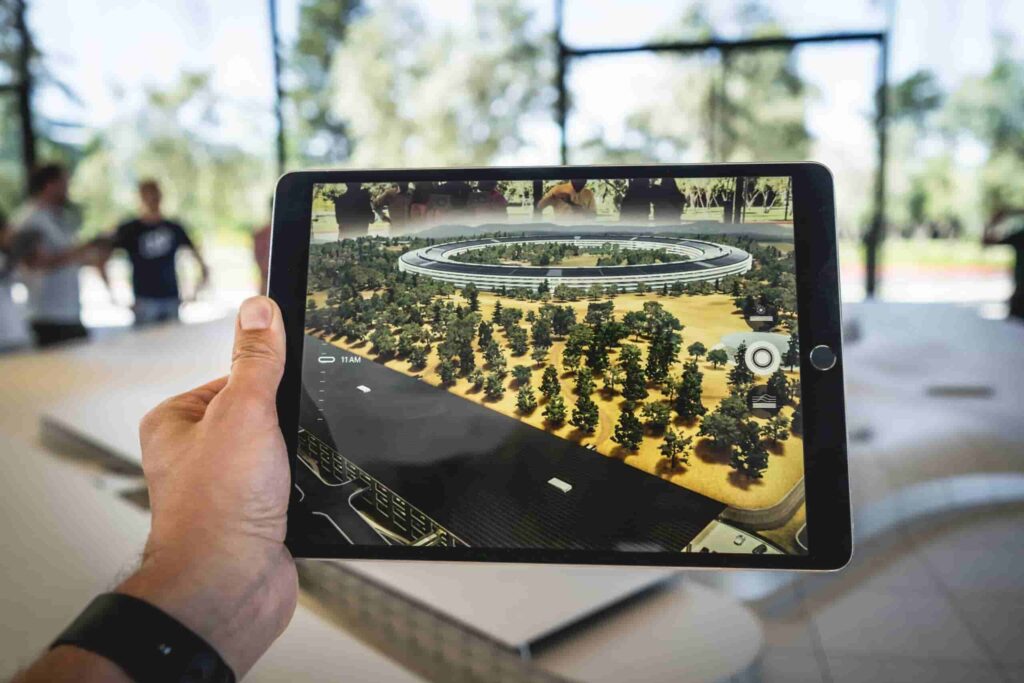
Most companies have shifted to environmentally friendly methods and digital marketing strategies to sustain the new consumerism benchmark. The well-being of everyone is getting excessively enhanced by organizations in all industries. Moreover, from waste downsizing and boosted recycling to righteous sourcing and fair employment. Many people confessed that integrating augmented reality into their business plan was a sensible way to enhance sustainability and lessen any probable environmental liability.
- Transportation contributes to 20% of global greenhouse emissions. AR technology allows online shoppers to visualize products in 3D without physically visiting a store. Companies are reducing return rates by over 25% and engaging customers with sustainable products
- Smart cities are incorporating climate-resilient infrastructure with digital add-ons. Moreover, AR provides ongoing feedback for informed decisions to maintain sustainability. Urban settings become even more people-oriented and benefit transportation, public safety, health, tourism, and asset management
- AR technology helps in winning more deals, interacting with team members, training workers, and ensuring a sustainable environment in the construction sector. Governing bodies need to create supportive policies and regulatory frameworks, publish and analyze data, and mobilize finance through carbon pricing and tax incentives for infrastructure sustainability.
- Augmented Reality enables tailored buying experiences and provides information about products and brand identification. QR codes help in reducing waste materials by turning to package digital.
Also Read- How To Use ChatGPT With Siri On iPhone
#5. Artificial Intelligence in Education : Improving Efficiency and Personalization
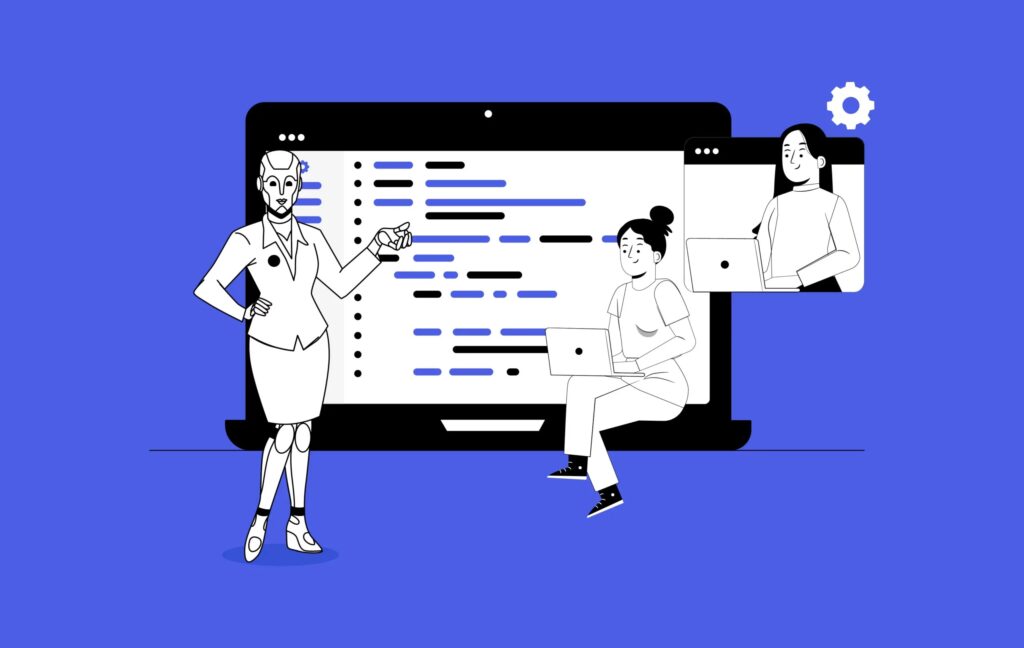
Artificial Intelligence is making its way into the education sector, increasing productivity among educators and allowing them to focus on students. Some applications of AI in this sector include:
i. Smart Educational Content
Digitized content like video lectures and textbook can be customized utilizing AI, with different interfaces like animations and personalized learning content for students from distinct grades. AI can also generate audio and video summaries and lesson plans.
ii. AI-powered Voice Assistants
AI-powered Voice Assistants can provide students with additional learning material and explanations to common questions, without direct involvement from the teacher. This can reduce printing costs and increase accessibility.
iii. Automating Administrative Tasks
AI can automate non-educational tasks like personalized messaging to students, grading, parent interactions, feedback facilitating, enrollment, and HR-related topics.
iv. Customized Learning
Hyper-personalization techniques that utilize AI technologies can enable the monitoring of students’ data, habits, and learning preferences, which can be used to generate customized lesson plans, study guides, reminders, and revision materials. Besides, this approach can help students learn at their own pace and in their preferred learning style, resulting in a more engaging and effective learning experience. Further, by leveraging AI, educational institutions can create a more student-centric approach to learning and provide students with personalized support, resulting in better academic outcomes.
Also Read- ChatGPT, Google Bard, Microsoft Bing- How They Are Similar But Yet Different
#6. AI in Human Resource & Management Department

Artificial Intelligence is revolutionizing the way Human Resource departments work. Besides, one of the most significant areas where AI has made its mark is in the hiring process. With the help of machine learning algorithms, AI systems can scan resumes, cover letters, and job applications to identify the best candidates for a particular role.
The software can look for specific keywords and criteria set by the company to shortlist the most qualified applicants. This helps save HR teams a lot of time and effort, as they no longer have to manually sift through hundreds of resumes. Additionally, AI systems can be programmed to remove any personal information from the application to ensure a fair and unbiased hiring process, known as blind hiring.
Also Read- Microsoft Edge Incorporates ChatGPT-Like Features Into Its Browser
#7. Better Customer Experience
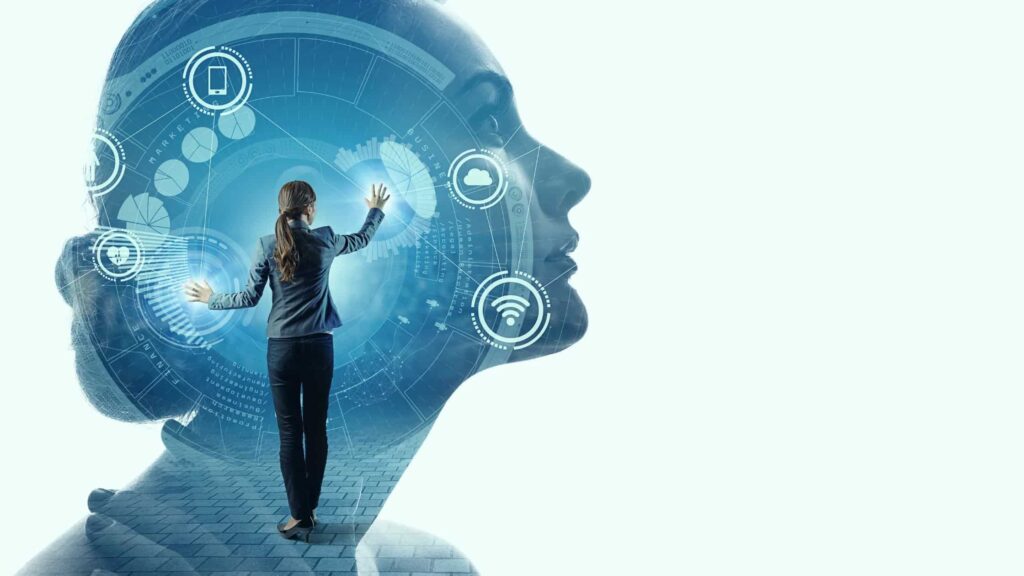
The metaverse presents an exciting opportunity for businesses to connect with customers and create new revenue streams. Besides, Companies can utilize AI to personalize the user experience and build immersive environments that engage users in ways that were not previously possible. For instance, AI-powered virtual assistants can interact with customers in real-time to feed recommendations and assistance, while computer vision can help identify and respond to users’ gestures and movements. As the metaverse evolves, businesses will need to leverage AI to stay competitive and deliver the experiences that consumers expect.
In addition to that:
- The metaverse holds the possibility to revolutionize the way we perform.
- Virtual offices and remote collaboration spaces can reduce the need for physical office space.
- Teams can perform jointly from anywhere in the globe.
- AI-powered tools can help teams collaborate more effectively and efficiently.
- Real-time feedback and insights can help drive productivity.
- The metaverse presents an opportunity to reimagine the way we work and connect with each other.
Also Read- Top 15 AI Websites Video Editors You Should Start Using
#8. AI-powered chatbots
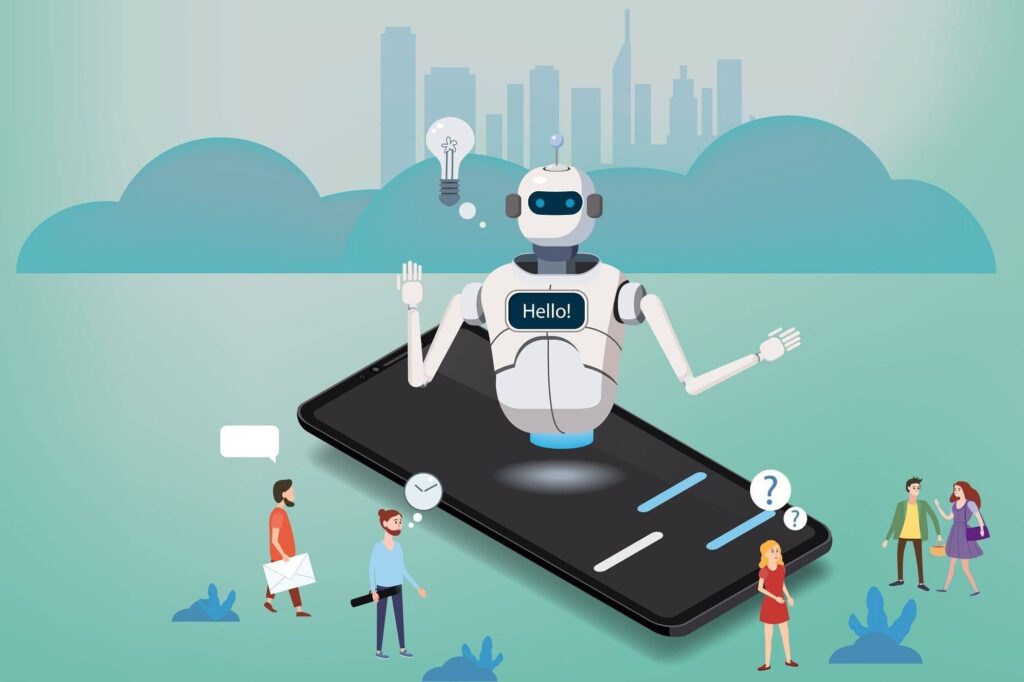
AI-powered chatbots are an ideal way to enhance customer service for companies of all extents. For instance, ChatGPT is a chatbot developed by OpenAI that uses natural language processing and machine learning to develop human-like replies to customer queries. Besides, ChatGPT can comprehend and respond to a broad range of customer requests. From uncomplicated questions to more complex issues, providing customers with quick and accurate support. By automating routine tasks, such as answering common questions or directing customers to the right department, ChatGPT allows customer service teams to focus on more complex issues that require human intervention. Thus, this directs to improved expertise and productivity.
Also Read- 4 Ways To Identify AI-Generated Content
Is human resource at risk due to AI?
Some argue that technology will eliminate all human employment. Yet, this is untrue. Due to the fact that artificial intelligence (AI) can only execute simple tasks and cannot fully replace a person’s capacity for original thought or creative problem-solving, it will not be able to replace all human employment.
Further, by automating repetitive tasks, AI will also help us become more productive and efficient in our day-to-day work lives. So that we can concentrate on higher-value activities like strategic planning and innovation creation rather than just performing manual tasks repeatedly. Such as checking emails every day or commuting between meetings all day long.
Finally, Understanding what “human” means when it comes to artificial intelligence techniques is crucial. Because there are some misconceptions about what AI actually entails in terms of job loss concerns based on how quickly machines are evolving at the moment without any human intervention at all. Nevertheless, this fear isn’t necessarily based in reality either. Because most experts agree that while advancements may seem sudden initially (and spooky), they eventually become more gradual (and predictable).
Also Read- 8 Future-Proof Technical Skills That Can’t Be Replaced By Robots And Automation
Conclusion
Humans take advantage of AI’s strengths since there is more work that has to be done every day. Thus, it makes sense to automate routine tasks. This boosts output while lessening burden on the organization’s staff.
Furthermore, with AI applications and assistance in solving complicated challenges, it is transforming numerous sectors. Do you agree with the applications of artificial intelligence that we listed? Otherwise, do you have any inquiries for us? In the article’s comments section, please feel free to share them with us.




































